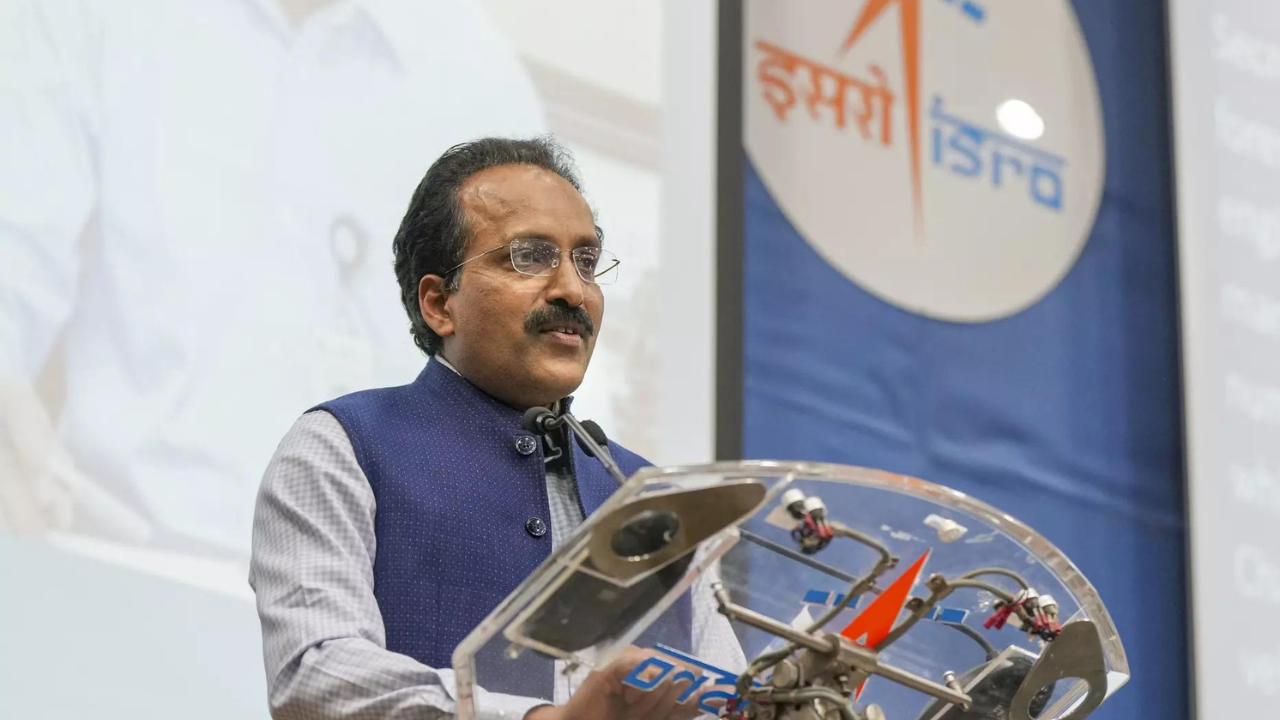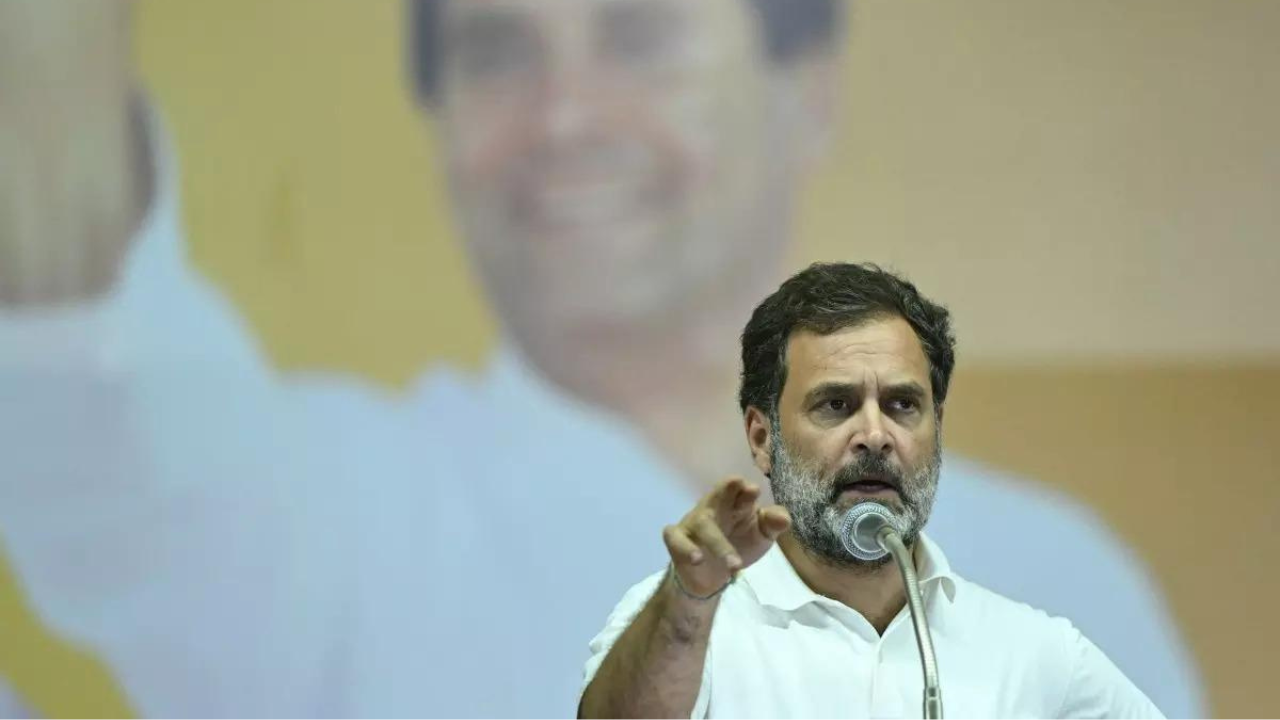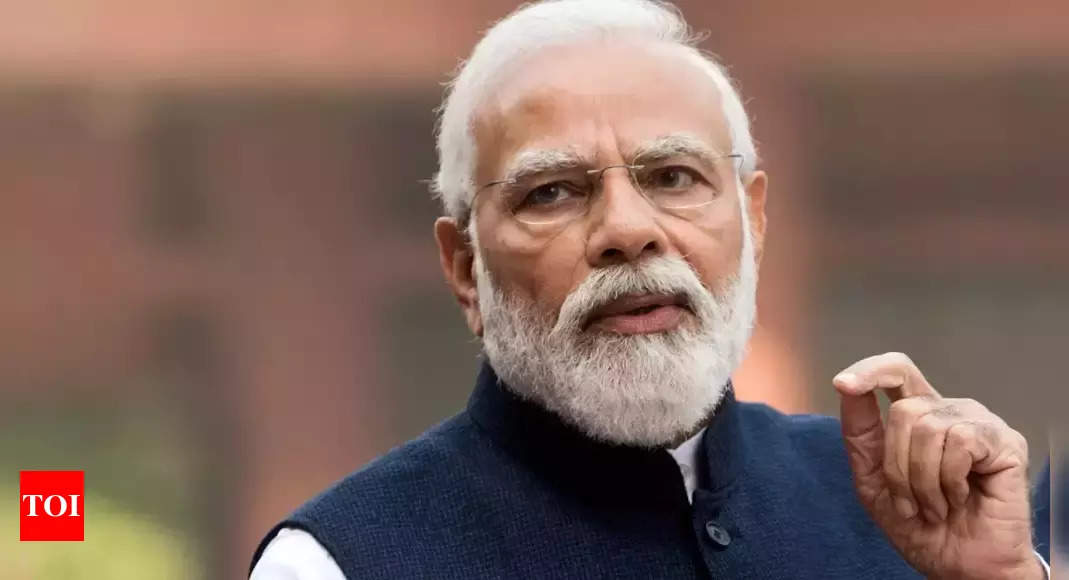India’s Green Energy Transition

Under the visionary leadership of the Prime Minister, India is poised to swiftly advance its transition towards a low-carbon, climate-resilient economy. The recent unveiling of the interim budget by the Union Finance Minister underscores our nation's steadfast commitment to meeting ambitious renewable energy targets and carbon emissions reduction goals, aligning seamlessly with our obligations under the Paris Agreement. Notably, the Prime Minister's announcement of the Pradhan Mantri Suryodaya Yojana signals a transformative initiative to empower households with solar panels, illuminating the path towards a brighter, sustainable future for all.
Low Carbon Climate Resilient Economy:
A low carbon climate resilient economy represents a shift towards sustainable development, prioritizing reduced carbon emissions, resilience to climate change, and environmental sustainability. Key features include:
- Transitioning to renewable energy sources like solar, wind, and hydro.
- Enhancing energy efficiency and conservation efforts.
- Promoting sustainable land use practices and agriculture.
- Encouraging green finance and investment for climate-resilient projects.
- Ensuring social equity and inclusion in the transition process.
Paris Agreement:
The Paris Agreement, established during the UN Climate Change Conference in 2015, is a pivotal international treaty aimed at combating climate change. It focuses on:
- Limiting global temperature rise to well below 2°C, with efforts to keep it below 1.5°C.
- Setting national targets (Nationally Determined Contributions or NDCs) for greenhouse gas emissions reduction.
- Providing financial support to developing countries for climate mitigation and adaptation efforts.
India’s Nationally Determined Contribution (NDC):
India's NDC includes commitments such as reducing the emissions intensity of its GDP and increasing non-fossil fuel-based energy resources in its energy mix. Notable targets include:
- Aiming for 45% reduction in emissions intensity of GDP by 2030.
- Striving for 50% of electric power from non-fossil fuel sources by 2030.
- Targeting 500 gigawatts of renewable energy capacity by 2030.
Pradhan Mantri Suryodaya Yojana:
This initiative focuses on installing rooftop solar power systems in one crore households across India. It aims to:
- Reduce electricity costs for consumers.
- Enable surplus solar power export to the grid.
- Promote renewable energy adoption at the household level.
Current Solar Capacity in India:
As of December 2023, India's total installed solar capacity reached approximately 73.31 GW, with significant contributions from states like Rajasthan and Gujarat. However, rooftop solar capacity remains underutilized, particularly in the residential sector.
Other Initiatives towards Climate Change:
India has implemented various initiatives, including support for electric vehicles (EVs), the National Green Hydrogen Mission, and participation in the Global Biofuel Alliance. Additionally, schemes like PM KUSUM aim to promote solar energy adoption in rural areas and increase farmers' income. These efforts underscore India's commitment to sustainable development and climate action.













